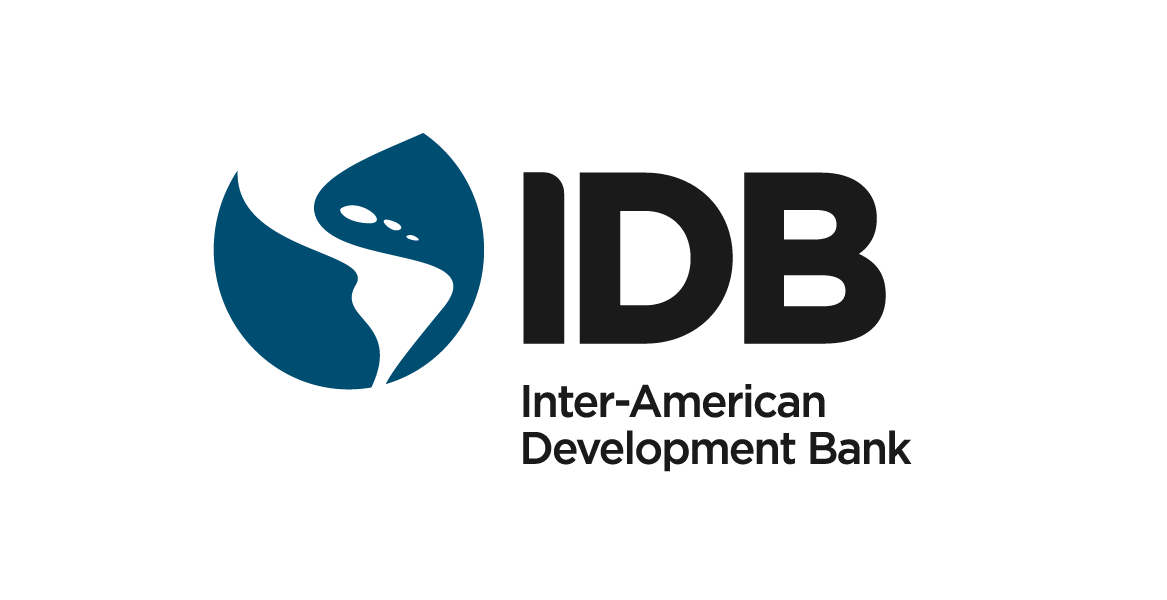The Challenge
Early childhood development (ECD) workers are critical in ensuring the integral development of young children, including their socio-emotional development. However, evidence suggests that they experience high levels of stress and job dissatisfaction,1 which can spill over into their work with caregivers and children.2 The Colombian Institute of Family Welfare implemented the Sanar para Crecer (Heal to Grow) program to improve ECD workers’ social-emotional well-being. In the program, workers attend weekly group training and practice sessions, with content focusing on their social-emotional well-being, social-emotional strengthening of children, and socio-emotional strengthening in the family environment.
The Evaluation
In partnership with the Colombian Institute of Family Welfare, the Inter-American Development Bank and IPA Colombia conducted a randomized evaluation to measure whether the Sanar para Crecer program improved ECD workers’ social-emotional well-being. The intervention took place in Bogotá, Cali, Medellín, Bello, and Soacha. A total of 1,232 ECD workers in 632 service units (an early education and care setting or home visit scheme managed by ECD workers) were randomly assigned to either participate in Sanar para Crecer or serve as the comparison group.
Results
Sanar para Crecer significantly improved ECD workers’ self-awareness, self-management, social awareness, and relationship skills, but not self-reported stress reduction or mental well-being. In addition, ECD workers increased their strategies to support children in managing their emotions and identifying their peers’ emotions. Among ECD workers who had high attendance at the training sessions, Sanar para Crecer had a similar impact on social-emotional learning as other interventions in low- and middle-income countries.
Policy Impact and Implications
ICBF is currently assessing different pathways to scale Sanar para Crecer through an external provider. In this next phase, IPA, in collaboration with the Inter-American Development Bank, is leading the design and development of a randomized evaluation to measure the impacts of this version. The evaluation will focus on the fidelity and quality of the program implemented by the external provider. Lessons from this evaluation will inform ICBF's decisions around how to sustainably scale up Sanar para Crecer, and expand evidence on how to effectively scale proven interventions while maintaining their impact.
Sources
1. Quinn, Emilee L., Bert Stover, Jennifer J. Otten, and Noah Seixas. "Early care and education workers’ experience and stress during the COVID-19 pandemic." International journal of environmental research and public health 19, no. 5 (2022): 2670.
Ntim, Seth Yeboah, Jinliang Qin, Collins Opoku Antwi, Michael Osei Aboagye, Siyuan Chen, and Elijah Takyi Mensah. "Early childhood educators’ emotional labor and burnout in an emerging economy: The mediating roles of affective states." Heliyon 9, no. 3 (2023).
3. Oliveira, S., Roberto, M. d. S., Pereira, N. S., Marques-Pinto, A., & Veiga-Simao, A. M. (2021). “Impacts of social and emotional learning interventions for teachers on teachers’ outcomes: A systematic review with meta-analysis”. Frontiers in psychol-ogy, 12, 677217. https://doi.org/10.3389/fpsyg.2021.677217
Implementing Partner

Research and Funding Partner












